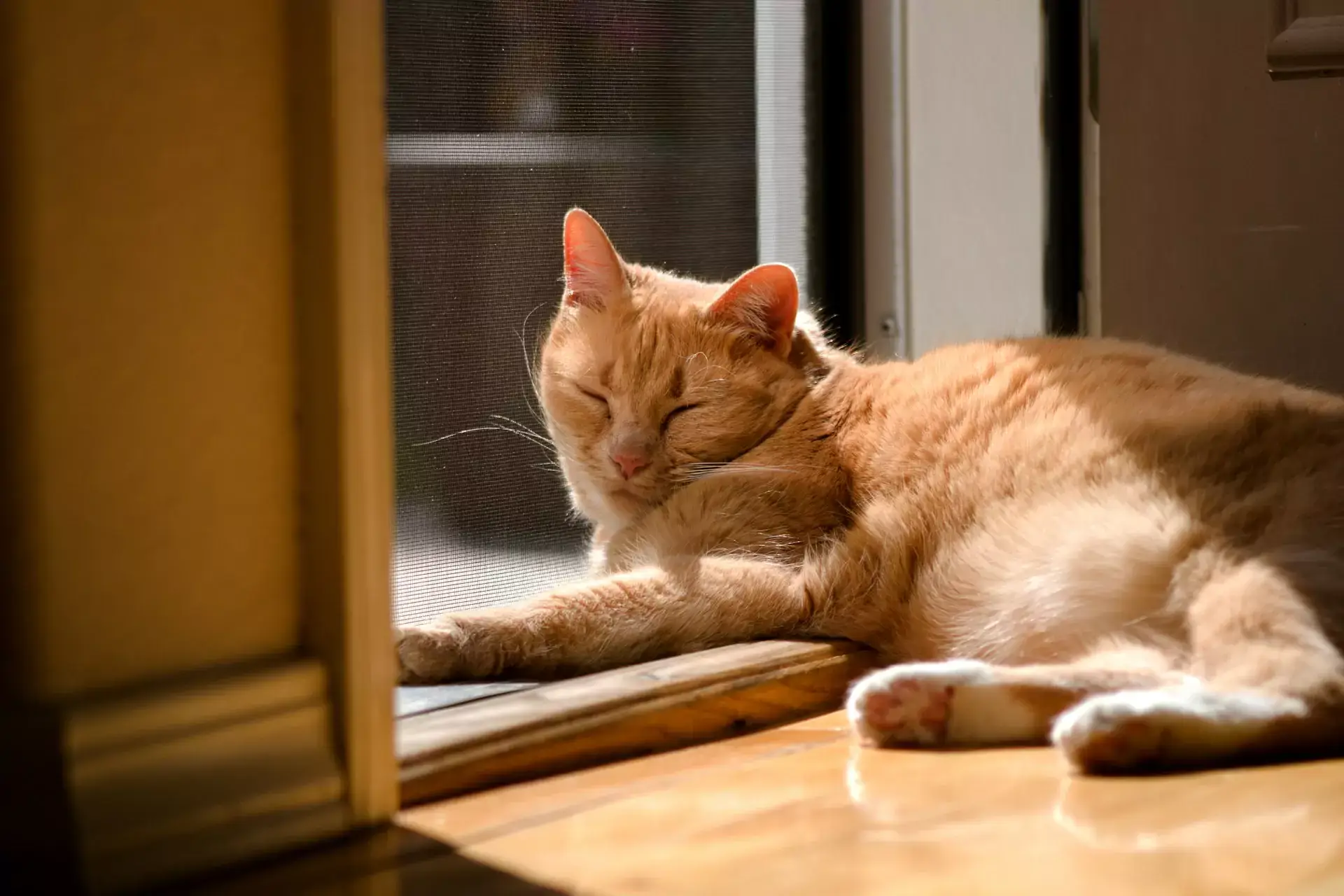Reasons to Neuter or Spay Your Pet
Just like people, pets are all unique. Depending on their age, size, breed, and general health, Fido and Fluffy will require different types of care. Spay/neuter surgery is something we advise for all dogs and cats, even though our opinions on matters like nutrition and activity may differ. This article discusses a few of the explanations from a Lexington, VA veterinarian.
Getting Your Pet Fixed Can Help Reduce Pet Overpopulation
The main justification for having pets sterilized is to lessen the number of unwanted litters that are born each year. An enormous problem is the overabundance of pets, which regrettably contributes to instances of animal hoarding, abuse, and neglect. Euthanasia of millions of cats and dogs occurs annually. Millions more are left on their own. Homeless animals face several challenges in their life, including malnourishment, inclement weather, parasites, disease, and accidents.
Kittens and puppies are, of course, very cute. However, there’s virtually no way to guarantee that your pet’s offspring, including any future ones, will thrive, even if you are successful in finding homes. Fixing them is simply the more responsible thing to do, considering how many homeless animals are already out there on their own.
Never presume that your pet won’t have a significant impact. In just nine years, a single pair of cats may give birth to 2,072,514 offspring! Not far behind, Fido may produce up to 67,000 offspring in just six years, with an average litter size of six to ten puppies.
Fixed Animals Have Better Health
Spaying and neutering have additional health benefits. In addition to significantly lowering the risk of various other cancers, including prostate, mammary, ovarian, and uterine cancer, the operation will almost completely eradicate the risk of genital cancer in pets. Urinary tract infections are also less common in fixed pets. Preventing these problems is far simpler and less expensive than treating them. For more detailed information on this, speak with your Lexington, VA veterinarian.
Pets are Less Inclined to Roam
Allowing your pet to roam outside your property increases the likelihood that they will become lost, get hurt, or possibly die. Dogs and cats are susceptible to numerous dangers, such as vehicles, inclement weather, wildlife, poisons, parasites, illness, and the list goes on. Once fixed, your pet won’t have the hormonal impulse to seek out love. You won’t have to bother with Fido trying to burrow under the fence or your cat trying to bolt every time you open the door. Although there are numerous reasons why pets may attempt to flee, the need to mate is one of the
main motivations for this behavior.
The Lifespan of Sterilized Pets is Longer
It may surprise you to learn that fixed pets typically have longer lifespans. Upon closer inspection, this makes sense. For females, the hazards associated with pregnancy and birth are removed. In dogs, these risks can be more serious because if a larger dog mates with a smaller dog, there is a chance that both the mother and the puppies may not survive.
Additionally, as fixed pets are less likely to run away, they also pose a lower risk of harm or injury from territorial spats. It’s quite possible for an intact male dog or cat and another loose male to get into a fight and come home tattered.
Pets Become Calmer
Pets that have been spayed or neutered will naturally be calmer after, which is another—and very important—reason. The effect that the decrease in hormonal desires will make may surprise you. Unwanted habits including digging, chewing, and trying to get away might stop. Not to mention that most fixed pets are generally more laid back. If Fido and Fluffy start acting cozier, that’s also not surprising. Their attention will be more on you if they don’t have the need to find a mate. You are their entire universe, after all.
Pets are Less Likely to Spray
This could be sufficient justification for scheduling the surgery on its own. Pets frequently spray to define the boundaries of their territory. After surgery, the desire to do this decreases and sometimes disappears. Even though adult animals may continue to spray following surgery, the majority of pets stop doing so.
Cats Who Have Been Fixed Won’t Yowl As Much
We can’t stress how important this is enough, even though it may be a bonus. We’re sorry if you’ve ever heard a lustful cat delivering their obnoxious love song. Fluffy likes to make a big deal out of being single by announcing it loudly and in a completely unmusical way. We’re glad our ears aren’t damaged by yowling and caterwauling, even though some cats might find the noises entertaining.
FAQs Regarding Neuter/Spay Surgery
What Is The Recovery Time Following Spay/Neuter Surgery for My Pet?
In the first 3 to 5 days, pets typically get over the “hump” of recovery. But it takes 10 to 14 days for them to recover completely. Your pet’s physical activity should be restricted throughout this period. Before you get the go-ahead from your Lexington, VA vet, make sure they aren’t running, jumping, or playing too hard.
What After Surgery Care Is Needed for My Pet?
Care instructions will be given to you by your veterinarian. Typically, these are pamphlets or one-sheet printouts. Pay close attention to the instructions and make sure you follow them exactly. In addition to maybe giving your pet pain medication, you might need to make certain dietary changes while they heal.
Apart from that, just remember to provide a tidy and comfortable space for your pet to unwind. Getting a new bed might be a terrific idea right now!
Restricting their movement could also be necessary. For this, a kennel, carrier, or crate, or even a puppy pen may do the trick.
How Can I Aid in My Pet’s Healing?
The most important thing is to just watch your pet and give them some space to themselves. It is your responsibility to ensure that they do not rip at their stitches. Your veterinarian will often advise using an inflatable collar or an Elizabethan collar, sometimes referred to as a lampshade or cone of shame to make sure they do not have the ability to lick or chew on their stitches.
Keep a close eye on the area where the incision was made! Swelling, redness, heat, unpleasant smells, bleeding, or pus are examples of symptoms suggesting issues. Fever, diarrhea, shaking, vomiting, and respiratory problems are other warning signs that would require a visit back to the vet. Lethargy may be a concern, but, naturally, your pet can be a little drowsy and worn out when you first bring them home. Anything more than this and if the drowsiness extends for several days, it’s worth calling your vet. Notify your clinic right away if anything seems off.
What Is the Cost of Spay/Neuter Surgery?
Prices will differ in each location. Generally, the costs can be modified based on the size, age, or condition of your pet. However having this surgery done is always less expensive than paying for medical problems or the expenses of having a litter. If you are worried about affordability, you might want to ask us about our low cost spay and neuter program run through several area 501(c)3’s.
Does your pet need to have surgery to be spayed or neutered? Make an appointment with us at The Wellpet Group in Lexington, VA today!




!Social Icons